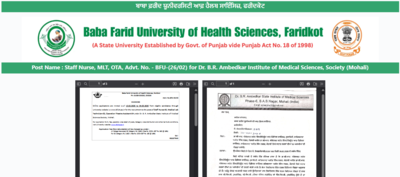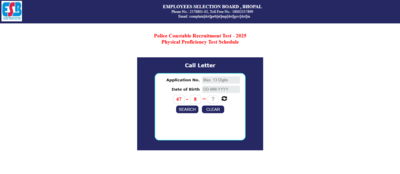CAT 2025: Master the VARC section in 40 days using these strategies, high weightage topics, and study tips

The Verbal Ability and Reading Comprehension or VARC section in the CAT exam is often considered both an art and a science. Unlike Quantitative Ability and DILR, which focus on numerical reasoning and logic, VARC evaluates a candidate’s comprehension, critical thinking, and command over the language. It challenges aspirants to read quickly, interpret deeply, and solve verbal problems with precision under time constraints. With CAT 2025 approaching in about one month, a structured strategy is essential to tackle this section efficiently. High-weightage topics, consistent reading habits, and smart problem-solving techniques can make a significant difference, transforming a traditionally tricky section into a scoring opportunity.
Understanding the VARC section
VARC comprises two main components: Reading Comprehension (RC) and Verbal Ability (VA). RC passages dominate the section, accounting for approximately 60–70% of the questions. These passages are usually 400–600 words long and cover topics ranging from social sciences and economics to literature and technology. They test an aspirant’s ability to grasp the central idea, infer meaning, and critically analyse arguments. VA questions, on the other hand, focus on para-jumbles, odd-one-out problems, sentence correction, summary-based questions, and sometimes fill-in-the-blanks. This part evaluates logical sequencing, vocabulary, and grammatical accuracy. While RC emphasises reading speed and comprehension, VA demands precision and analytical thinking with language logic.
High-weightage topics in VARC
Candidates appearing for the CAT 2025 exam may check section wise high-weightage topics in VARC below:
Reading Comprehension
- Main Idea & Inference Questions: Expect questions on identifying the central theme, author’s tone, or implicit meaning.
- Detail-Oriented Questions: Fact-based questions where careful reading is key.
- Critical Reasoning within RC: Some passages test assumptions, arguments, and conclusions.
Strategy Tip: Focus on 2–3 passages daily, aiming to read critically and solve questions under a 10–12 minute time frame per passage.
Verbal Ability
- Para-Jumbles: Logical sequencing of sentences to form coherent paragraphs.
- Odd-One-Out: Identify sentences that do not fit within a paragraph’s theme.
- Summary-Based Questions: Condensing the passage into a concise, accurate summary.
- Sentence Completion/Correction: Grammar, idioms, and vocabulary-based questions.
High-Impact Strategy: VA questions, though fewer, can be solved quickly with practice. Allocate 20–30 minutes daily to VA drills.
Section-wise preparation strategies
For Reading Comprehension, daily reading of newspapers, journals, and non-fiction materials is highly beneficial. Candidates should practice summarizing passages in a few lines to strengthen comprehension and retention. Exposure to diverse genres, especially social sciences, economics, and technology, prepares aspirants for the range of topics encountered in the exam. In Verbal Ability, regular practice of para-jumbles and odd-one-out questions helps develop an intuitive sense of paragraph flow. Building vocabulary and revising regularly improves performance in sentence correction and completion tasks. Mock VA sets taken under timed conditions can help simulate the pressure of the actual exam and improve speed.
Common mistakes to avoid
While preparing for the examination, candidates are advised to avoid the following common mistakes:
- Over-reading passages: Spending too much time on RC passages can waste time and create confusion.
- Neglecting Verbal Ability practice: VA questions are often easier and quicker, but under-practicing them can cost easy marks.
- Skipping mock analysis: Not reviewing mistakes from mock tests can lead to repeating errors.
- Blind guessing: Random guesses, especially in VA with negative marking, can reduce scores.
- Lack of strategic practice: Failing to plan practice sessions and focus on weak areas lowers overall efficiency.






